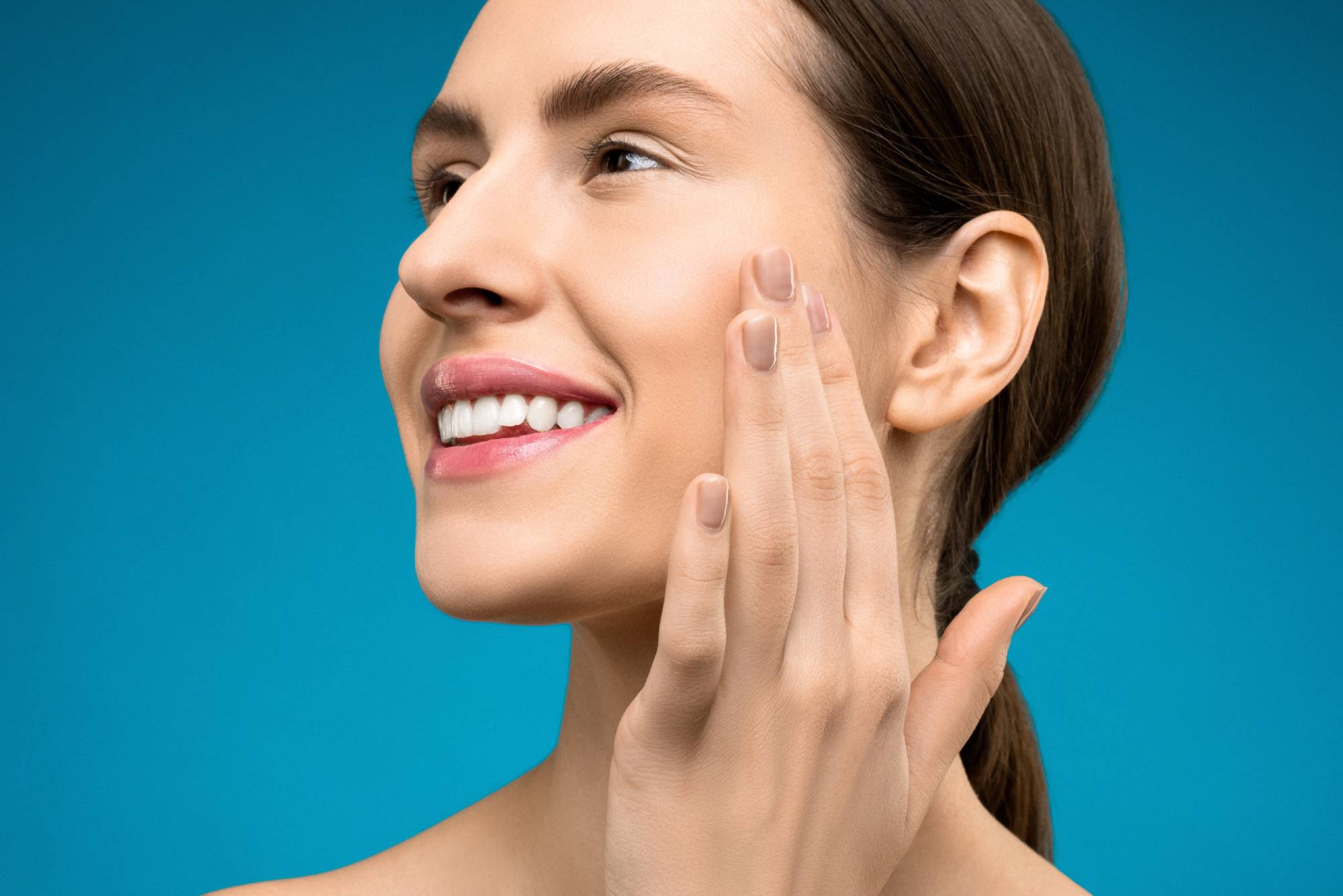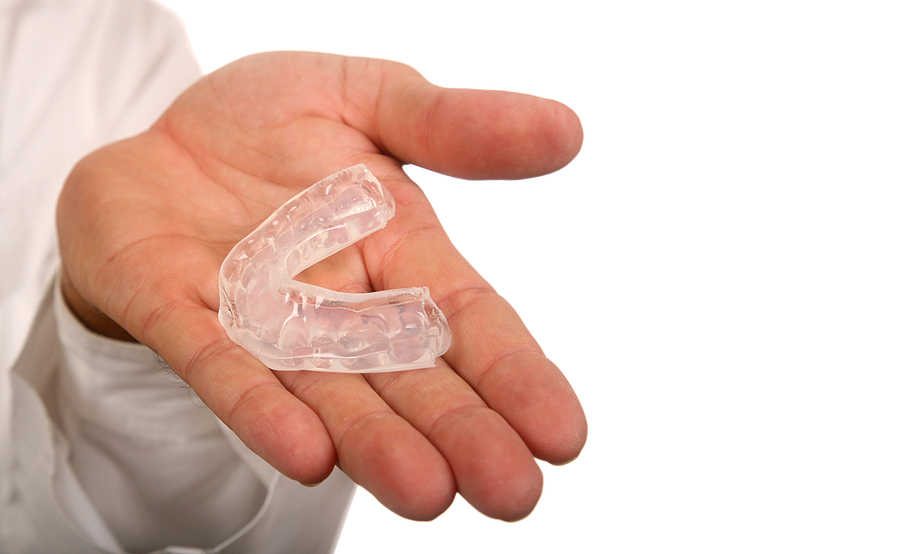Bruxism Treatments in Palm Desert, CA

What is bruxism?
Bruxism is a condition in which you grind or clench your teeth. These actions usually occur during a person’s sleeping hours, but occasionally they occur during the day.
What are the signs and symptoms of bruxism?
The first sign of bruxism is tooth wear. If you notice any of the following symptoms, you may be suffering from bruxism:
- Frequent headaches
- Facial pain
- Jaw pain
- Sensitive teeth
- Clenching of the teeth
- Difficulty chewing
- Teeth that are flattened, broken, or chipped
- Teeth that are worn along the biting edges
Bruxism is one of the most common known sleep disorders. Chewing is a neuromuscular activity controlled by a subconscious process but more highly controlled by the brain. During sleep, the subconscious process may become active, while the higher control is inactive (asleep), resulting in bruxism. The most common symptoms are earaches, headaches, depression, eating disorders, anxiety, and chronic stress.
Why should I seek treatment for bruxism?
Bruxism is a condition in which you grind and clench your teeth. It can lead to a number of problems, including:
- Tooth erosion: The continuous rubbing against your dental enamel can wear it down, which weakens the tooth and makes it more susceptible.
- Tooth damage: Grinding your teeth can cause them to crack, chip, and even break.
- Gum recession: Grinding can lead to gum recession, which exposes the roots of the teeth and makes them more vulnerable to bacteria.
- Jaw pain: Grinding can result in TMJ disorder, which can cause pain in the jaw, neck, and head.
- Sleep deprivation: Grinding and clenching teeth during sleep can deprive you of restorative sleep, which can result in daytime exhaustion and difficulty concentrating.
Treatment Options
- Nightguards
A night guard is a custom-made oral appliance worn while sleeping. A night guard is a mouthguard that you wear at night, and it protects your teeth from clenching and grinding.
- Botox
Botox injections can prevent the grinding by relaxing the muscles that control jaw movements.
- Dental work
If you experience bruxism, your dentist may recommend dental work. This could include replacing missing teeth, adding crowns or bridges, or getting braces. All of these treatments can improve your ability to chew, which can reduce the force of your jaw clenching.
- Other treatments
If your bruxism is caused by another condition such as sleep apnea, you will be referred to a specialist for treatment. Some patients benefit from medications. Other patients benefit from chewing on special mouth guards.
- Prevention and lifestyle changes
If your dentist determines that teeth grinding is a side effect of stress, stress may be a factor. Learning to manage stress is important; even small lifestyle changes can reduce stress.

Reducing or eliminating caffeine and alcohol can be helpful, especially when consumed later in the day. These substances cause dehydration, which can contribute to teeth grinding. Cutting back on these substances before bed can reduce teeth grinding.
It’s also a good idea to avoid chewing gum. Chewing gum can increase jaw activity, which is a habit many people use throughout the day when teeth grinding occurs.
- Surgery
Some patients with bruxism may require surgery. In severe cases, jaw surgery may be recommended. Patients may also be referred to an oral surgeon for consultation.
At LAGOS Periodontics & Dental Implants, Rodrigo A. Lagos, DDS, MS, practices a full scope of periodontics with expertise in preventive periodontics, cosmetic periodontal surgery, gum grafting, and dental implants. To schedule an appointment, call us at 760-568-3421 or visit our practice at 36945 Cook St.Suite 101, Palm Desert, CA 92260.
Guided Bone & Tissue Regeneration
Reduction Surgery
Cost of Dental Implants
Missing Upper or Lower Teeth
After Implant Placement
Full Mouth Reconstruction
Overview of Dental Implants
Cosmetic Periodontal Surgery
Expose and Bond for Orthodontics
Gum Grafting
Periodontics and Medicine
Gum Disease
Tooth Extraction
Periodontal Maintenance
Dental Implant Placement
Professional Teeth Cleaning
Scaling and Root Planing
Bone Grafting
Nitrous Oxide Sedation
Sedation Dentistry
Orthodontics in Palm Desert, CA
Laser Surgery Technology
Painless Dentistry
IV Sedation
Crown Lengthening
Replacing Missing Teeth
Bone Grafting for Implants
Gingival Grafting
Expose and Bond in Palm Desert, CA
Bar Attachment Denture
Save Your Teeth after Replacing Missing Teeth
Dental Implants Services
Oral Cancer Exam

Working Hours
- MON - THU8:00 am - 5:00 pm
- FRI - SUNClosed